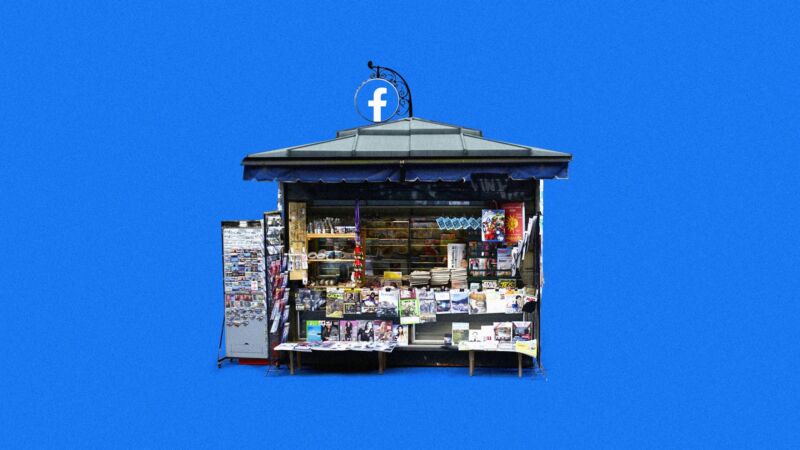
Elena Lacey | Getty
Over Zoom, Australian Communications Minister Paul Fletcher has the aura of a man in the midst of a victory speech. He credits his team and the NCA for success where others have failed: forcing tech giants to pay for news. “There were a lot of people who said you can’t quite manage to take on the global digital giants,” he says, sitting under strip lights in his Sydney constituency. But Josh Frydenberg, Fletcher’s and Australia’s federal treasurer, persisted. When the Australian government asked the competition regulator in 2020 to develop a law that would force tech giants to pay for the news that appears on their feeds, Fletcher was aware of the stories others were using as warnings. When Germany’s largest news publisher, Axel Springer, tried to stop Google from displaying snippets of its articles in 2014, it bounced back just two weeks after traffic dropped. When Spain tried to force Google to pay for news in 2014, the search giant simply left and blocked Google News in the country for seven years.
Google threatened Australia with even more drastic measures. In January 2021, the tech giant suggested that Australians could lose access to their entire search engine if Fletcher and Frydenberg’s “news media bargaining code”, which would force platforms to pay news publishers for links, went into effect. Facebook has also lobbied hard against the code, arguing that news makes up less than 4 percent of the content people see in their news feed. On February 17, Australians woke up to find that all news links had been wiped from the platform, leaving the Facebook pages of the country’s largest media companies completely blank. Traffic to news websites fell 13 percent, illustrating exactly what the government was concerned about. Facebook’s “confirm for all Australians” actions [the] enormous market power of these digital media giants,” Frydenberg said at the time.

Still, the government did not back down. According to Fletcher, the code was Australia’s answer to a problem primarily about competition. The argument was simple: the Australian news industry should be compensated for helping Google and Facebook attract eyeballs. “What we’re trying to do is mimic the regular commercial transactions that would take place in a market where there wasn’t a massive bargaining imbalance,” he says.
But others suspect that the code was in fact an attempt to subsidize the media industry, which suffered from intense online competition for advertising. For every 100 Australian dollars spent on advertising in 2019, AD$53 ($38) went to Google, AD$28 to Facebook and AD$19 to all other websites, including media, according to the Australian competition watchdog. If this was the reason for the code, Bloomberg editors described it as misdiagnosis in an op-ed. “The business model of journalism was not broken by digital platforms,” they said.[the internet] offered consumers a wealth of free news and opinion and gave advertisers options and audiences that traditional publishers have not been able to match.”
Australians have experienced this deadlock through their Facebook feeds. There was no news on the site for eight days. Then, at 1 a.m. on February 26, 2021, news content began to reappear, changing users’ feeds to what they always looked like. But behind the scenes, tech’s relationship with the media had shifted permanently.
Google and Facebook have not left; they paid and made deals with news organizations to pay for the content they first display on their sites. The code was formally approved on March 2, 2021, establishing the law requiring tech platforms to negotiate a price to pay news publishers for their content. If they didn’t, an arbitrator would step in not only to force the platforms to pay, but also to set the price. A year after the introduction of the media code, Google has nineteen content deals with news organizations and Facebook, according to Fletcher.
Now countries around the world are looking to the Australian code as a blueprint to subsidize the news and stop the spread of ‘news deserts’ – communities that no longer have a local newspaper. Canada is expected to propose its own version in March. Media associations in both the US and New Zealand are advocating similar policies. Reports suggest Britain’s culture secretary, Nadine Dorries, also plans to force platforms to negotiate cash-for-content deals.

